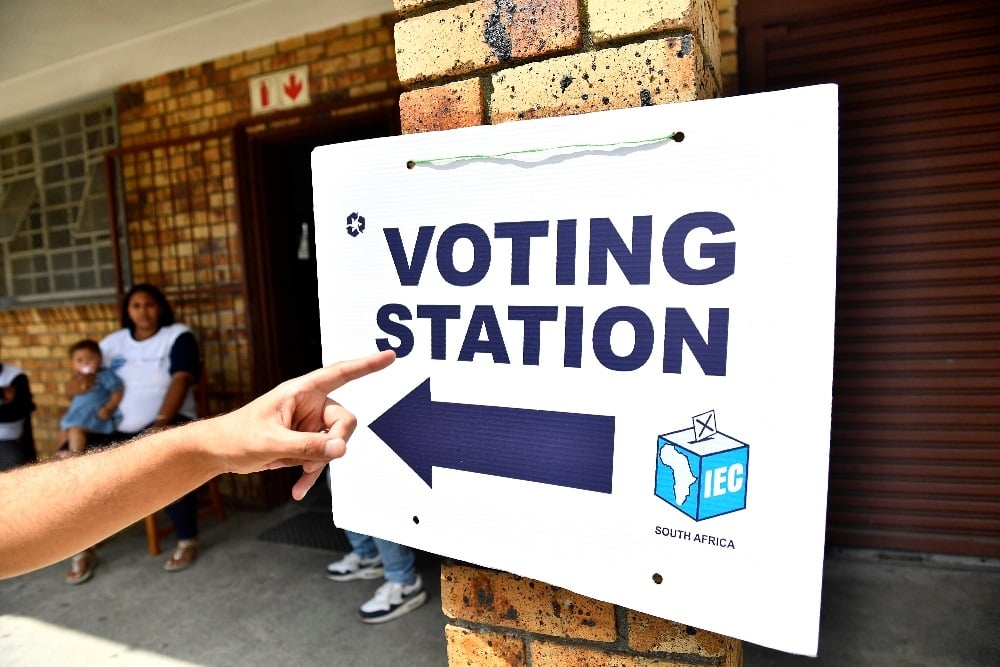
- Will the next 14 hours shift the needle on one-party dominance?
- Voter turnout will be crucial. News24 examines the strategies of the three largest parties: the ANC, the DA and the EFF.
- An energetic campaign, mild weather and the potential for change all point to South Africans turning up in their numbers to vote.
- Find everything you need to know about the 2024 general elections on News24’s Elections Hub.
Wednesday’s election is one for the history books.
It feels like a moment to remember, and you, the South African voters, will decide exactly how seminal it will be in the next few hours.
ROLLING COVERAGE | More than 900 000 special votes already cast, millions expected at polling stations on Wednesday
The 2024 election is a first in many ways, despite being the seventh democratic election in a year which marks 30 years since the fall of apartheid and the rise of a constitutional democracy.
Crucially, it is the first time the governing ANC may lose its outright majority, not because the polling says so, but because the ANC’s electoral dominance has been in steady decline since 2009, dropping to a low of 57.5% in 2019 and slipping below 50% for the first time in the 2021 municipal elections.
Unemployment, a limping economy, corruption, incompetence, crumbling infrastructure, and power and water cuts have all contributed to the decline in confidence in the ANC.
It is also the first election in which independent candidates will contest for a seat in Parliament.
It is the first in which voters are compelled to vote only at the voting station where they are registered.
It is the first time an ANC splinter party is headed by a former party president and head of state.
Former president Jacob Zuma’s uMkhonto weSizwe (MK) Party’s inaugural election performance will be closely watched – it is expected to perform reasonably in KwaZulu-Natal and parts of Gauteng. However, its main role in the election build-up so far has been its rapid and dangerous attempt to sow seeds of doubt in the integrity of the Electoral Commission of SA’s (IEC) running of the elections.
IEC chief electoral officer Sy Mamabolo, at a media briefing late on Tuesday, flagged this as an acute risk and challenge for the commission.
The year 2024 has also witnessed a record number of young people registering to vote. A record number of political parties will be contesting it and, over the last two days, a record number of special votes were cast by the elderly and those who could not make it to the polls.
Voting stations are set to open at 07:00 and close at 21:00 – what happens within those 14 hours will decide the country’s fate for the next five years.
It has been a gruelling campaign for the many parties contesting the polls.
A key distinguishing factor, at least for the ANC, setting it apart from the 2021 elections is a consistent 62 days without load shedding.
Planned power cuts devastated the ANC’s support in the last two elections, particularly in crucial provinces such as Gauteng and KwaZulu-Natal. Eskom’s ability to keep the lights on for over two months is a boon for the incumbent.
Political parties, primarily the three largest, will be focused on one thing during this 14-hour window: ensuring their supporters turn out at voting stations to cast their votes.
The ANC, the DA and the EFF have formidable machinery to accomplish this.
Voter turnout will be crucial at the end of the day. It will give each party a sense of their performance long before results begin trickling in, it will help them gauge the mood of the electorate, to determine whether the long, gruelling campaign preceding the election paid off.
“From an ANC point of view, our major opponent in this election would be an inability to mobilise and energise our support base to go out and vote on election day,” ANC head of elections Mdumiseni Ntuli told a webinar with party veterans this week.
“The ANC has had difficulty in the past elections to mobilise our support base to go out and vote on election day.”
This time around, the party is taking no chances. Ntuli has implemented a new strategy to ensure ANC voters pitch up. Each voting district has been allocated a minimum of 20 volunteers. Each volunteer has been allocated 50 to 100 registered voters.
The volunteers must ensure that all the voters allocated to them pitch up to vote by comparing their lists to the voters’ roll. Volunteers will knock on the doors of these voters (known to be supporters of the ANC) to ensure that they vote.
“These elections are going to be won on our capacity to coordinate this work, but equally to enforce accountability [by volunteers],” he said. A central operation centre has been set up to coordinate this, provide support where needed, and step in where local structures or volunteers drop the ball.
The ANC is in a unique position – it benefits from both a low and a high voter turnout.
A medium voter turnout, which we had in 2019, generally spells disaster for the ANC.
A low voter turnout implies that opposition parties failed to turn out their supporters, and a high voter turnout means the ANC has managed to successfully energise its voter base to ensure that it pitches up at the polls. This time around a gruelling 40-day “battle plan” adopted by the ANC’s highest decision-making body, the national executive committee, was adopted to ensure its base turns up to vote on election day.
A small part of this plan was to roll out former party leaders, which the ANC has not done since the 2004 election when it obtained a two-thirds majority in electoral support. The balance of the campaign entailed intense door-to-door work.
This time around, it is targeting 11 million voters. The difference from the last election is that each voter is allocated to a volunteer who must ensure they turn up to cast their votes.
The ANC is matched only by the DA in terms of national reach and coverage. Only the ANC and DA have party machinery that stretches the length and breadth of the country.
The DA’s acting campaign manager, Ashor Sarupen, said a high voter turnout would suit it better. The official opposition’s sweet spot is a high-medium to high turnout.
“When voter turnout is low, we find that the smaller parties do well, a situation which is not ideal for us,” he said.
The DA must know precisely who their voters are – a determination made between elections and during the campaign.
Those voters are approached on election day to ensure that they turn up to vote. The DA will also provide transport for those in need, using an extensive volunteer base . A practice used by both the ANC and EFF in the past – in which they bus people en-masse to voting stations – will not be possible this time around due to legal changes compelling voters to cast their votes only where they are registered.
The EFF is also pushing its volunteers and established voters to bring 20 people with them to vote for the party. Party leader Julius Malema told the party’s final campaign rally on Sunday that volunteers must ensure that EFF supporters are transported to their respective voting stations.
“We have not won elections, we are starting now… Fighters, any of the leaders who lie and say there are party agents and there are none, any leader who says there is transport and there is none is worse than a spy and an agent,” he said.
He urged all party volunteers to be honest about their capacity to ensure voters are transported to voting stations, so that the national leadership can “intervene” if required. The EFF also has an election nerve centre, with call centre agents to ensure that they can respond where their volunteers or party agents encounter problems.
Small parties are at a distinct disadvantage when it comes to ensuring their voters pitch up due to a lack of capacity and resources. This can be seen in election results – despite more than 60 parties contesting the 2019 polls, only a handful obtained seats in Parliament.
Despite being well into winter, mild, sunny weather has been forecast for most of the country on Wednesday. This, Mamabolo said at a media briefing late on Tuesday, boosts chances of a higher voter turnout,
Another crucial factor is whether people believe voting will make a difference, according to the DA’s Sarupen.
“In this election, we believe opposition voters are very motivated because of the ANC’s poor performance in 2021,” he said. Opinion polls have gone some way in influencing this perception too. Many showed a drop in support for the governing party, some predicting a fall of nearly 20 percentage points: unlikely, given past election and by-election trends.
The ANC has criticised the opinion polls as “desperation”.
“The desperation to unseat the ANC has reached such a crescendo that polls are used to mislead the voters and cast aspersions on the actual results when the ANC is declared a winner. These flawed and low-quality polls have the potential to fuel violence and destabilise the country!” the ANC’s chairperson of communications, Nkenke Kekana, said.
On Wednesday, the true poll will be run and its outcome – whichever way it goes – will be a testament to the strength and resilience of SA’s democracy.

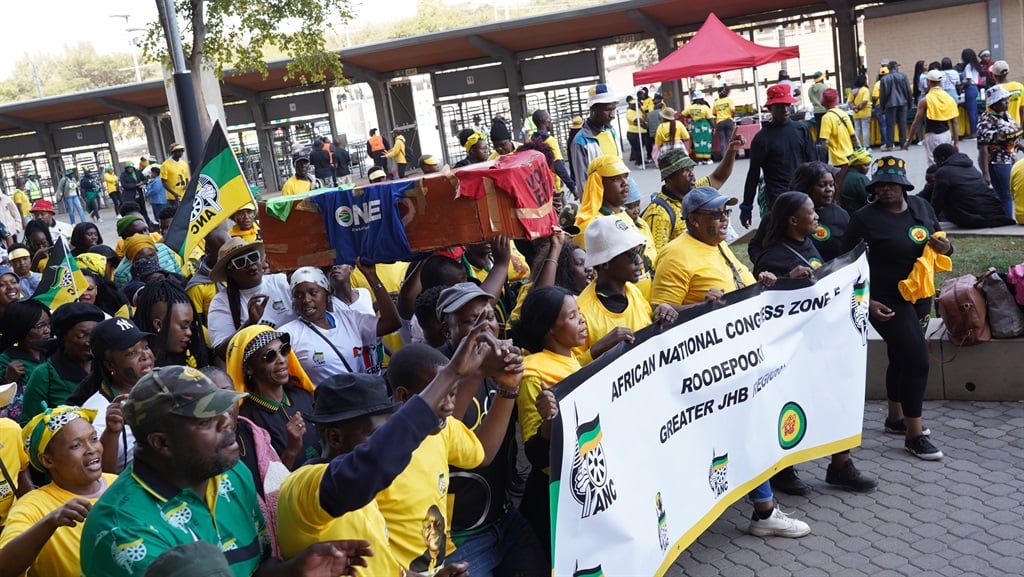
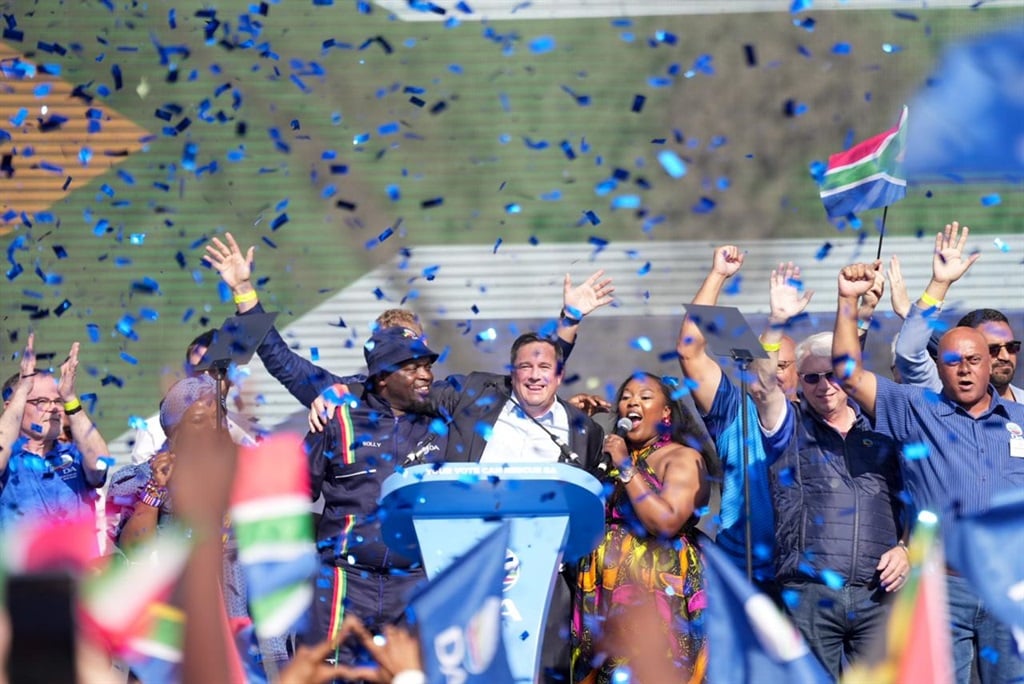
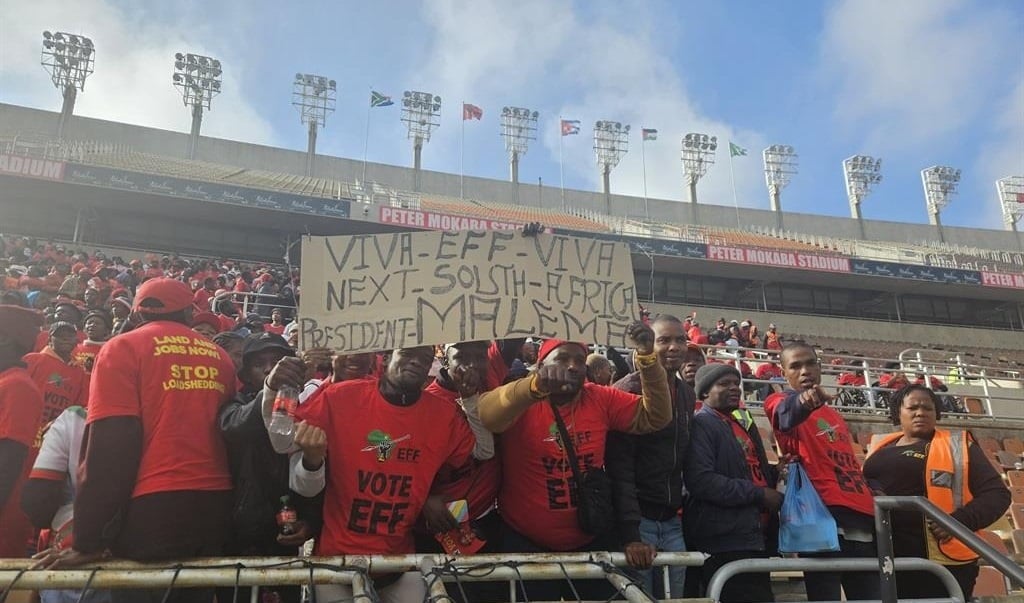

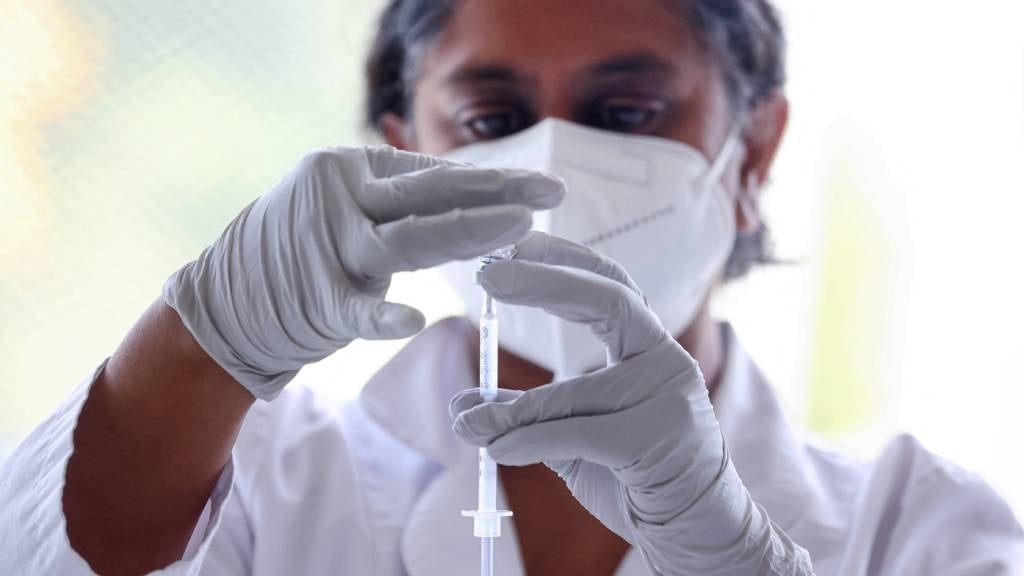

Recent Comments